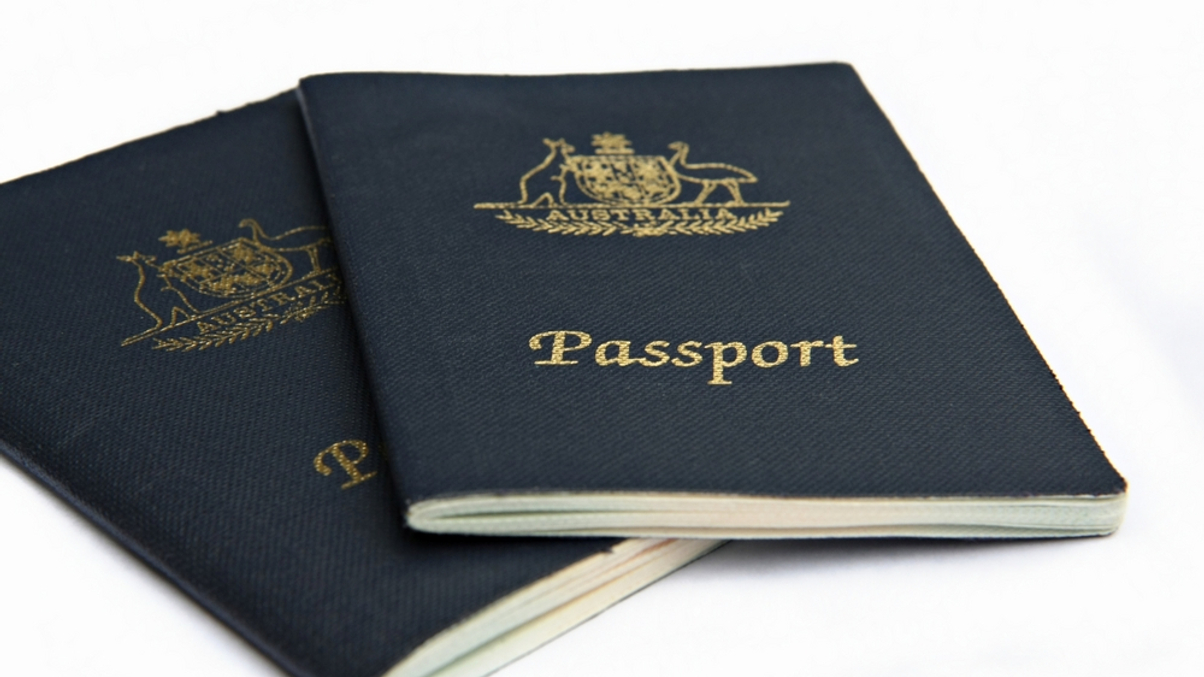Factors favouring Asean over Apec passport
The potential for success of the planned Asean and Hong Kong-China cross-border fund schemes seems clearer than that for the Asia region funds passport, argue industry players.

Singapore may have chosen to participate in two Asian fund passporting schemes, but it is widely argued that the city-state is more supportive of the Association of Southeast Asian Nations initiative. And that is not the only factor stacking up in favour of the Asean plan.
Sign in to read on!
Registered users get 2 free articles in 30 days.
Subscribers have full unlimited access to AsianInvestor
Not signed up? New users get 2 free articles per month, plus a 7-day unlimited free trial.
¬ Haymarket Media Limited. All rights reserved.


